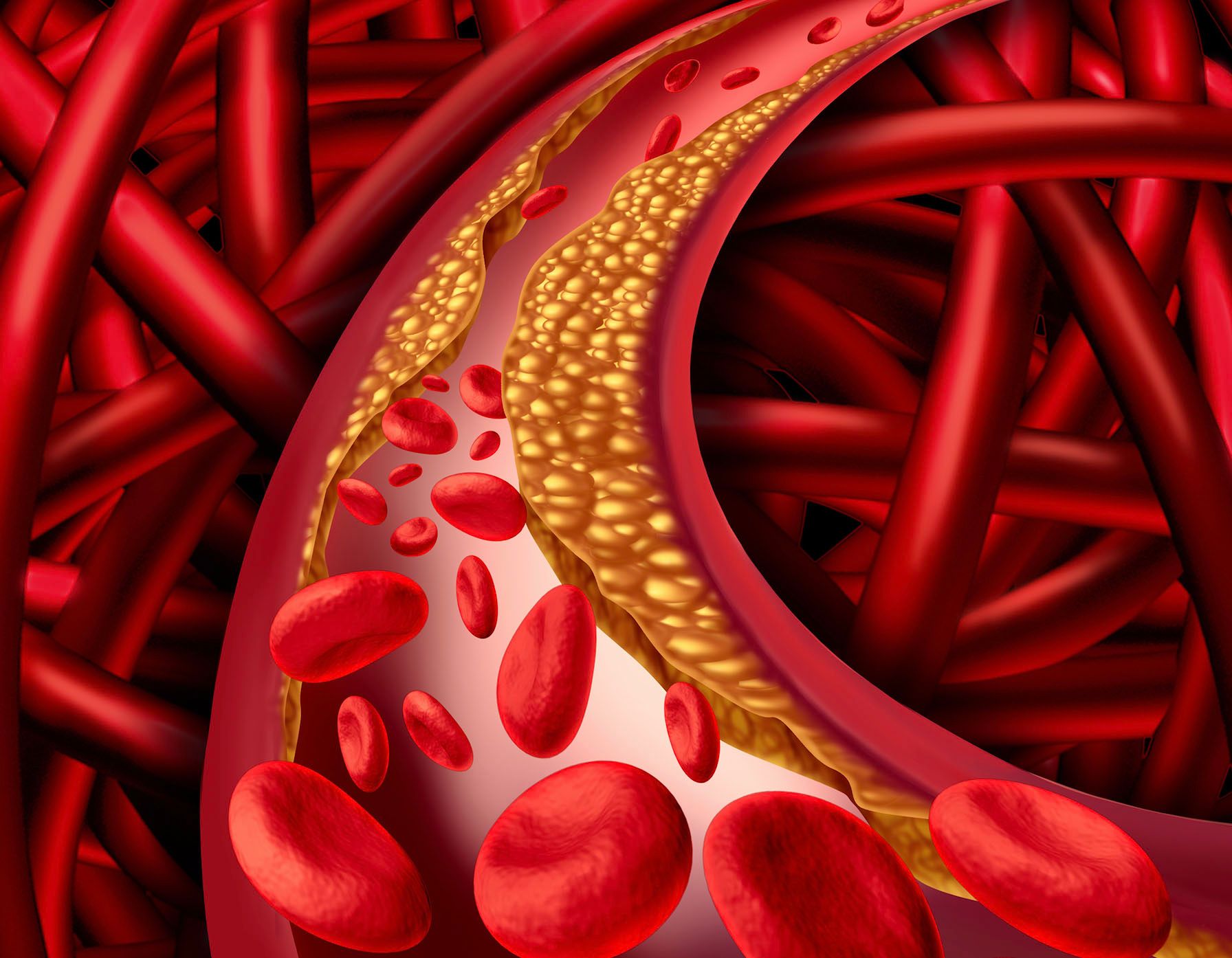Safety of Guadecitabine Consistent Across Phase 3 Trials in Various Hematologic Malignancies
Two phase 3 clinical trials demonstrated consistent safety findings with the expected safety profile of guadecitabine as treatment of 2 patient populations, including patients with previously treated acute myeloid leukemia in ASTRAL-2 and patients with previously treated myelodysplastic syndrome or chronic myelomonocytic leukemia in ASTRAL-3.

The phase 3 ASTRAL-2 and ASTRAL-3 clinical trials demonstrated consistent safety findings with the expected safety profile of guadecitabine (SGI-110) as treatment of 2 patient populations, including patients with previously treated acute myeloid leukemia in ASTRAL-2 and patients with previously treated myelodysplastic syndrome (MDS) or chronic myelomonocytic leukemia (CMML) in ASTRAL-3. Topline findings, however, demonstrated that the primary end point of statistically significant improvement (P <.05) in overall survival (OS) compared with the control arm of physician’s choice of alternative therapy, announced Astex Pharmaceuticals, Inc., in a press release.
A full evaluation of the secondary end points and subgroups in these studies remains ongoing, and the full data will be presented at an upcoming medical meeting.
“The ASTRAL series of studies were designed to deliver a new therapeutic option to patients with AML or MDS/CMML, and although guadecitabine is an active drug, the studies failed to demonstrate a statistically superior survival outcome compared to current therapeutic alternatives,” Mohammad Azab, president and chief medical officer of Astex Pharmaceuticals, said in a statement. “The ASTRAL studies generated for the medical community one of the largest bodies of clinical and genetic data from prospective randomized studies using hypomethylating agent (HMA) treatment. Guadecitabine was associated with improved outcomes in certain subgroups, but that needs to be validated by additional studies.”
This investigational compound is currently not approved and was rationally designed to be resistant to cytidine deaminase degradation, which prolongs exposure to tumor cells to the active metabolite, decitabine. This ensures a greater update of decitabine into the DNA of cancer cells that are rapidly dividing.
Guadecitabine inhibits DNA methyl transferase with the potential to reverse aberrant DNA methylation and may be able to restore expression of tumor suppressor genes and tumor-associated antigens that have been silenced. The agent could sensitize the tumor cells to other anticancer agents, such as immunotherapies, through this re-expression, or re-sensitizing cancer cells that were previously resistant to chemotherapy.
The phase 3 ASTRAL-2 study (NCT02920008) enrolled patients with AML who had been previously treated with initial induction therapy with a standard intensive chemotherapy regimen that included cytarabine and an anthracycline. Patients also had to be refractory to initial induction as primary relapse or be in relapse after induction with or without a previous transplant. Overall, 302 patients were randomized 1:1 to receive 28-day cycles of either guadecitabine delivered subcutaneously for 10 days in cycle 1 followed by 10 or 5 days in cycle 2, and 5 days in cycle 3 onwards, or physician’s choice of therapy, which included the following options: a high-intensity regimen comprising intermediate or high-dose cytarabine; mitoxantrone, etoposide, and cytarabine; or fludarabine, cytarabine, G-CSF, +/- idarubicin (FLAG/FLAG-Ida); a low-intensity regimen comprising low dose cytarabine or azacitidine or decitabine; and best supportive care only.
Secondary end points in this study include event-free survival, long-term survival, number of days alive and out of hospital, disease response, transfusion independence rate, complete response (CR) rate, composite CR, hematopoietic cell transplant rate, duration of CR, quality of life (QoL), incidence of severity of adverse events (AEs), and 30- and 60-day all-cause mortality.
The phase 3 ASTRAL-3 study (NCT02907359) included 417 patients with MDS or CMML who were previously treated with an HMA. Patients, who were enrolled across 91 sites in 14 countries, were randomized 2:1 to receive in 28-day cycles either guadecitabine delivered subcutaneously for 5 days or physician’s choice of therapy, which could be low dose cytarabine; a standard intensive chemotherapy 7+3 regimen of cytarabine and an anthracycline, or mitoxantrone; or best supportive care only.
The secondary end points in this study include transfusion independence, marrow CR rate, survival rate, leukemia-free survival, number of days alive and out of the hospital, disease response, DOR, number of transfusions, health-related QoL, incidence and severity of AEs, and 30- and 60-day all-cause mortality.
Reference
Astex and Otsuka Announce Results of Phase 3 ASTRAL-2 and ASTRAL-3 Studies of Guadecitabine (SGI-110) in Patients with Previously Treated Acute Myeloid Leukemia (AML) and Myelodysplastic Syndromes or Chronic Myelomonocytic Leukemia (MDS/CMML). News Release. Astex Pharmaceuticals, Inc. October 14, 2020. Accessed October 16, 2020. https://bwnews.pr/3j5vYrc